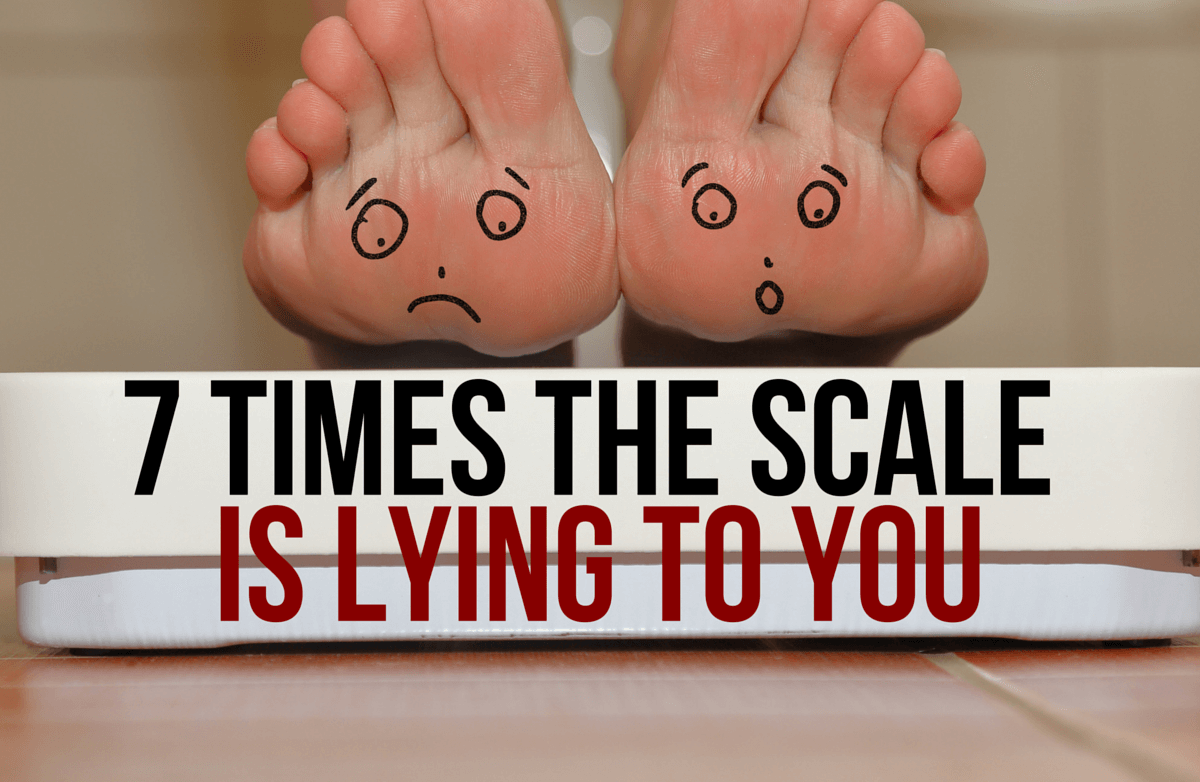If you're someone who was always picked last for teams in kickball or dreaded running around the school parking lot during gym class, your dislike for physical activity likely came at an early age. Maybe you never needed exercise as a way to maintain your weight when you were young, so being active wasn't a priority. Now, you're busy and you never found activities you really enjoyed doing, so it's a struggle to get into a consistent exercise routine. You know you need to do it, but how do you stay motivated for more than a week or two at a time, before falling back into old, sedentary habits?
The fact is, exercise doesn't have to be as scary, painful, annoying or inconvenient as you might think. Believe it or not, you might actually learn to like it—or least tolerate it. Before you begin, though, there are a few important things to consider. Use these four foolproof tips to create a plan, arm yourself against excuses and get ready to feel better and stronger than ever!
1. Prepare to step out of your comfort zone.
Yes, it is easier to sit on the couch binge-watching the latest Netflix drama than it is to get up and try something new. Going to the gym for the first time in six months or trying a new workout class can be downright scary. Even going for a walk around the block can be intimidating when you've been inactive for an extended period of time. Remember that everyone has to start somewhere, and the first day is always the hardest. It might feel like all eyes are on you, but they really aren't. As you develop a consistent routine, you'll become more comfortable in your workout environment. You just need a little courage to take that first step.
How do you find that courage? Lucky for you, there are a few options. Ask a friend or family member to meet you at the gym,even if it's just for a few sessions to get you going. If you're going solo, create a workout playlist that gets you grooving and feeling good no matter what you're doing. Trying a class for the first time? If you're trying a group class for the first time, arrive early so you can pick your spot and ask the instructor about the workout to calm your nerves.
2. Remember that something is better than nothing.
There is no reason to start with an hour of exercise, right out of the gate. Give your body and your mind time to adjust to the changes you're making. Consider committing to just 10 minutes of daily exercise for a month. It might not sound like much, but you're better off trying to develop a consistent routine with frequent, shorter workouts, than overexerting yourself with long workouts that leave you feeling sore, out of shape and defeated.
I used to be the one who believed anything less than a six-mile run was a waste of time. Oh my, how times have changed. These days, I rarely have time for a workout that's longer than 30 or40 minutes. Even after years as a regular exerciser, I regularly break up my workout into 10 minute segments throughout the day or settle for a few quick strength exercises if I don't have time for anything else. Every bit counts.
3. Set realistic expectations and goals
It's hard to be patient, but results take time. Contrary to the popular late-night infomercials plugging miracle results for two easy payments of $19.99, the truth is that you're not going to develop six-pack abs in a month, or lose 10 inches in a few weeks. Knowing you're not going to see those immediate results, what is going to keep you motivated to keep moving?
This is where goal setting becomes key. There are reasons why you've decide that now is the time to make changes in your life—maybe you want to walk a 5K with your friend who's a cancer survivor, or you want to be able to shoot hoops with your kids in the backyard. Perhaps you've had a recent health scare, so it's time to get your blood pressure and cholesterol under control. Whatever the reason, setting specific goals with measurable results is a good way to stay on track. Post those goals somewhere that you'll see them multiple times a day to remind you why you've made this commitment. When you reach those goals, set new goals to continue working toward.
4. Find something you enjoy doing
Let's be honest: When I say "something you enjoy", that doesn't necessarily mean you're going to love every second of every workout you do. Regular exercisers don't always exercise because it feels so great while they are doing it. The feeling (both physical and mental) after you're done is what keeps many people coming back for more. Even I have days when I would rather hit the snooze button than get up for my morning workout, but I know I'll be disappointed in myself later in the day if I don't do it. I never regret the decision to get up and get moving.
Exercise doesn't have to be painful and you don't have to spend hours at the gym to get results. Yes, high-intensity interval training (HIIT) is all the rage these days and events like the Spartan Race that mix distance running with obstacles to test your endurance and strength are all over social media. Workouts like this aren't for everyone, though, especially beginners. Hardcore exercise programs can be intimidating and can leave you hating exercise even more than you think you already do if you aren't properly prepared or if it's not your style. If you are someone who doesn't want to (or can't) work at an all-out max effort or run through mud and climb up walls, all is not lost. You can still get a lot of great benefits from a more moderate workout, especially if it's something you enjoy and will continue enjoying.
Creating new habits isn't easy, no matter who you are, but that doesn't mean you're doomed to a life as a couch potato. You can get great results (both inside and out) from a reasonable, moderate fitness program. You owe it to yourself to live your best life possible, which includes being healthy and strong. What are you waiting for? It's time to get moving.
4 Ways to Become an Exerciser for Life
Related Articles
-
 How to Exercise Your Resiliency Muscle
How to Exercise Your Resiliency Muscle
-
 How Does Personality Affect Weight Loss?
How Does Personality Affect Weight Loss?
-
 5 Ways to Socialize Without Derailing Your Weight-Loss Goals
5 Ways to Socialize Without Derailing Your Weight-Loss Goals
-
 4 Ways Being Selfish Can Help You Lose Weight
4 Ways Being Selfish Can Help You Lose Weight
-
 5 Ways to Defend Yourself Against Motivation Roadblocks
5 Ways to Defend Yourself Against Motivation Roadblocks
-
 7 Times the Scale is Lying to You
7 Times the Scale is Lying to You
-
 Is Clutter Keeping You From Reaching Your Goals?
Is Clutter Keeping You From Reaching Your Goals?
-
 5 Mind Games You Need to Stop Playing
5 Mind Games You Need to Stop Playing



